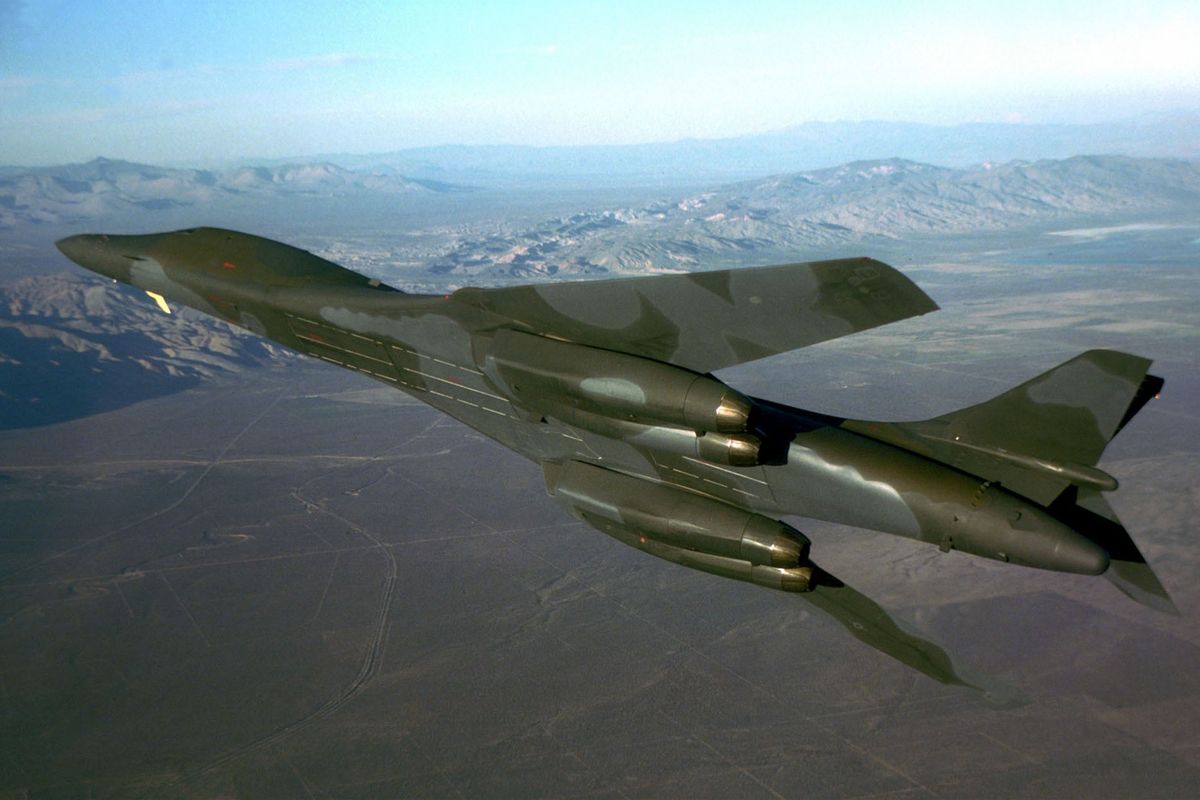In light of the ongoing military coup attempt in Istanbul, here is The Cipher Brief's recent feature explaining the myriad problems facing Turkey. We will bring you more analysis on the situation as the story develops.
Facing an intensifying cycle of violence, a president seeking to consolidate power, and a growing influx of refugees, Turkey’s security apparatus is stretched thin. While the importance of Turkey as a NATO ally and as a partner in the U.S.-led coalition in the campaign against ISIS should not be understated, the country has come under a wave of attacks from both the Islamic State (ISIS) and the Kurdish PKK militant group, throwing Turkey into a state of chaos.
The triggering event was a suicide bombing carried out by an ISIS-linked militant last July – an attack that killed 32 Kurdish activists at a rally in Suruc, a town located on Turkey’s border with Syria. This attack escalated the decades-long tensions between the Turkish government and Turkey’s Kurdish minority. Following the bombing, Kurdish rioters took to the streets and the ensuing mayhem culminated in the deaths of three members of Turkey’s security forces.
In response, the Turkish government began to conduct military operations against Kurdish targets, initiating a new cycle of violence between the Turkish army and the PKK after a two and a half year ceasefire.
While continuing its domestic battle against the PKK, Turkey has also remained active as part of the coalition to defeat ISIS. Turkey has allowed the U.S. to use its military bases in order to conduct air strikes against ISIS targets and has supported Syrian rebels in their efforts to dislodge ISIS from towns near the Turkish-Syrian border.
Such efforts, combined with its close proximity to Syria and massive intake of refugees, have transformed Turkey into a prime target for ISIS. In October, ISIS affiliated suicide bombers again struck Turkey as they detonated bombs outside of Ankara’s main railway station, killing more than 100 people and injuring more than 400.
More recently, both ISIS and the PKK have inflicted significant casualties on the Turkish population. In January, separate suicide attacks carried out by ISIS and the PKK resulted in the deaths of 16 people. One month later, an attack on a military convoy in Ankara by the Kurdistan Freedom Hawks (TAK), a breakaway faction of the PKK, killed more than 38 people. Last month, a TAK suicide car-bomber killed 38 people, while an ISIS-linked militant carried out a suicide attack that killed five people, including two Americans. ISIS also claimed responsibility for Monday’s murder of a journalist in Turkey, who openly criticized the terrorist group.
Also this week, clashes between the Turkish army and the PKK in Turkey’s southeastern Anatolia region resulted in the deaths of five Turkish soldiers and 30 Kurdish militants.
This violence comes against the backdrop of Turkish President Recep Erdogan attempting to consolidate presidential power and instill his Freedom and Justice Party (AKP) as the country’s preeminent political force. Last June, Erdogan’s AKP party lost its parliamentary majority in a surprise electoral result. However, a second round of elections held in November saw the AKP regain its parliamentary majority. Some attribute the AKP’s reemergence as a direct result of the violence.
“After the AKP lost its parliamentary majority last June, the ruling party used the violence of the PKK and the Islamic State to undermine coalition government talks, tie the legal Kurdish-based Peoples’ Democratic Party to the PKK, and outmaneuver the nationalists of the Nationalist Movement Party to regain the political advantage,” explains Steven Cook, a Senior fellow at the Council on Foreign Relations and a Cipher Brief expert.
In a further effort to tighten his grip on political control, Erdogan has taken significant steps to limit the freedom of press in Turkey, much to the chagrin of U.S. President Barack Obama.
“It's no secret that there are some trends within Turkey that I have been troubled with,” President Obama said at the Nuclear Security Summit earlier this month. “I think the approach they have been taking toward the press is one that could lead Turkey down a path that would be very troubling.”
Adding to the situation’s complexity is the refugee crisis that has resulted in millions of migrants flooding into Turkey. Last month, Turkey and the European Union agreed on a new proposal that would help stem the flow of refugees to Europe. According to the plan, Turkey would take back migrants heading to Europe, primarily through Greece, and in exchange, Turkey would receive twice as much EU funding through 2018, expedited talks regarding Turkey joining the EU, a more efficient visa policy for Turks travelling to the EU, and the resettlement of one Syrian refugee previously housed in Turkey to a new location in Europe for every refugee taken back by Turkey.
Turkey already boasts the highest number of Syrian refugees with more than 2.7 million, a figure that has taken a dire toll on the country’s economy.
As Turkey continues to grapple with daunting security challenges, political marginalization, and a massive refugee crisis, providing security for the Turkish people remains the top priority. And it starts with reaching a ceasefire with the PKK.
“Both the Turkish government and the security establishment view the PKK as a more critical security threat than ISIS,” writes Sinan Ulgen, a Cipher Brief expert and a former member of the Turkish Foreign Ministry. “ISIS is seen solely as a terrorism issue, while the PKK threat is viewed as a more significant, long-term threat,” he continues.
With violence a regular occurrence and its economy saddled by new migrants, the weight that Turkey bears is becoming increasingly oppressive.
Bennett Seftel is the Deputy Director of Editorial with The Cipher Brief.












